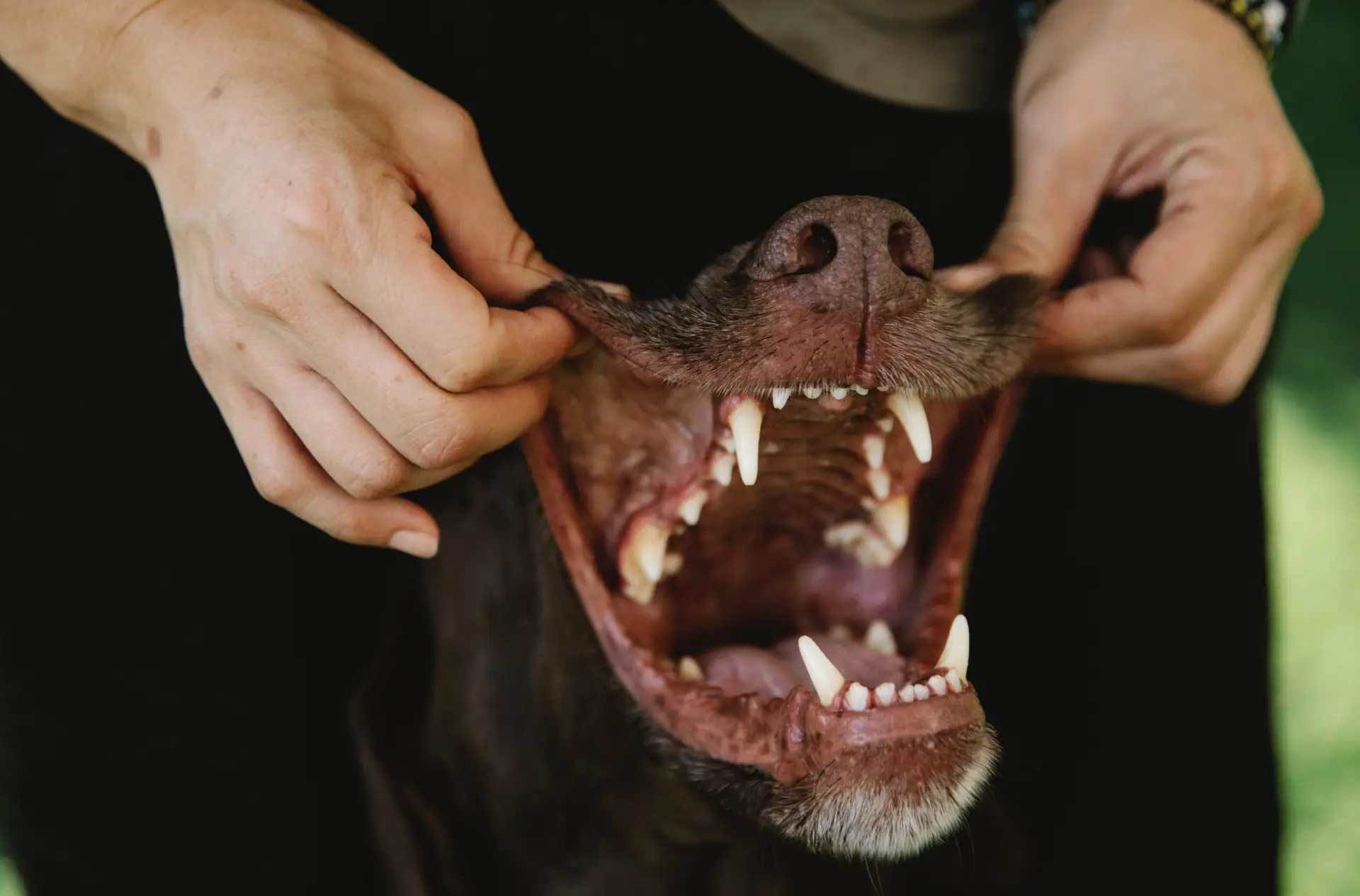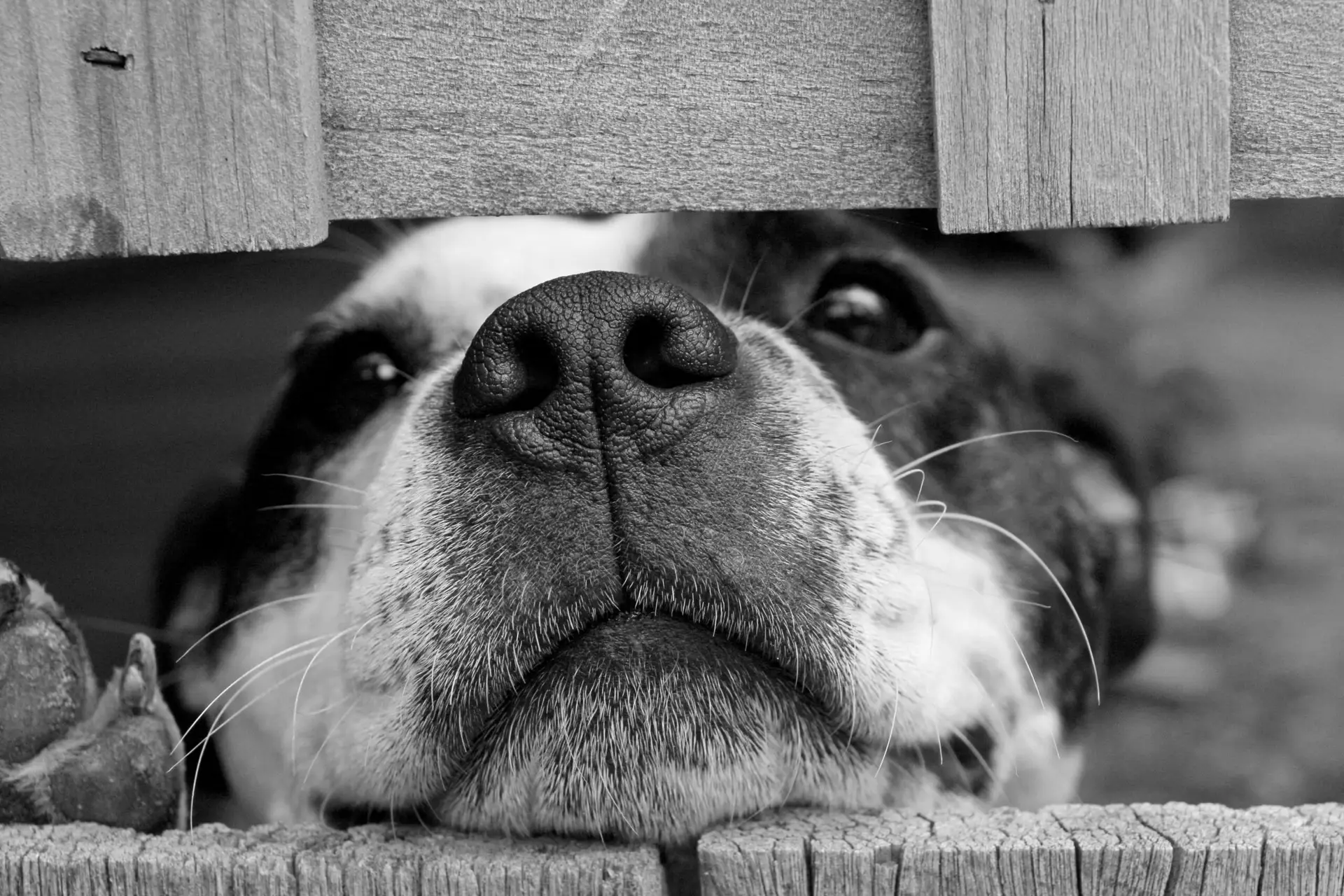Taking care of your dog’s teeth is an essential part of maintaining their overall health and well-being. Just like humans, dogs are prone to dental problems such as plaque buildup, tooth decay, and gum disease. Fortunately, there are many ways to promote good dental health in your furry friend. In this article, we will discuss 5 effective ways to take care of your dog’s teeth, including regular brushing, providing chew toys, offering dental chews, adding dental supplements, and scheduling regular dental cleanings with your veterinarian. By incorporating these practices into your dog’s dental hygiene routine, you can help keep their teeth healthy and pain-free for years to come.
Taking care of your dog’s teeth is important for their overall health and well-being. Here are some ways to ensure your dog has healthy teeth:
Brush their teeth regularly
Brushing your dog’s teeth helps to remove plaque and prevent the buildup of tartar. This is important because plaque and tartar can lead to periodontal disease, which can cause pain and tooth loss in dogs.
To get started, allow your dog to sniff and taste the toothbrush and toothpaste to get used to them. Then, gently lift their lips and start brushing their teeth in a circular motion. Remember to brush all of their teeth, including the back ones.
It may take some time for your dog to get used to having their teeth brushed, so start slowly and be patient. With time and patience, your dog will become more comfortable with the process, making it easier to maintain their dental hygiene.
Provide chew toys
When dogs chew, it helps to scrape away plaque and tartar from their teeth, reducing the risk of periodontal disease. Additionally, chewing on toys can help strengthen your dog’s jaw muscles and relieve stress and boredom.
It is important to choose toys that are safe and appropriate for your dog’s size and chewing style. Avoid toys that are too small and could be a choking hazard, as well as toys that are too hard and could damage your dog’s teeth.
There are many different types of chew toys available, including rubber toys, nylon bones, and dental chews. Experiment with different types of toys to find the ones that your dog enjoys the most. Remember to supervise your dog when they are chewing on toys to ensure their safety.
Offer dental chews
Dental chews work by scraping away plaque and tartar from your dog’s teeth as they chew. They are often made from natural ingredients that are safe for your dog to ingest, such as dried fruit, vegetables, and herbs. Some dental chews also contain ingredients like enzymes, which can help break down plaque and reduce the risk of gum disease.
It is important to choose dental chews that are appropriate for your dog’s size and chewing style. Chews that are too small can be a choking hazard, while chews that are too hard can damage your dog’s teeth. Look for chews that are labeled as appropriate for your dog’s size and consult with your veterinarian if you have any questions or concerns.
Dental chews are a convenient and tasty way to help maintain your dog’s dental hygiene. However, they should not be used as a substitute for regular brushing and professional dental cleanings.
Add dental supplements
Water additives are liquids that are added to your dog’s drinking water to help prevent plaque and tartar buildup on their teeth. They usually contain ingredients such as enzymes, chlorhexidine, or zinc, which help to reduce the bacteria in your dog’s mouth that contribute to dental problems.
Dental treats are designed to clean your dog’s teeth as they chew. They are often made from natural ingredients and contain additives like enzymes, minerals, or chlorophyll to help freshen breath and reduce plaque and tartar.
Food supplements are added to your dog’s diet and contain ingredients that help promote dental health, such as probiotics, antioxidants, and omega-3 fatty acids.
When selecting dental supplements for your dog, it is important to choose ones that are appropriate for their age, size, and health status. Consult with your veterinarian before adding any supplements to your dog’s diet to ensure they are safe and effective.
While dental supplements can be a helpful addition to your dog’s dental hygiene routine, they should not be used as a substitute for regular brushing and professional dental cleanings.
Schedule regular dental cleanings
During a dental cleaning, your veterinarian will perform a thorough examination of your dog’s teeth and gums, looking for signs of decay, infection, or other dental problems. They may also take dental x-rays to look for any issues below the gumline.
Next, your veterinarian will perform a cleaning, which involves scaling away any plaque or tartar buildup on your dog’s teeth. They may also polish your dog’s teeth to smooth out any rough spots and make it harder for plaque to accumulate in the future.
If your dog has any dental issues, such as a loose tooth or gum disease, your veterinarian may recommend additional treatments, such as extractions or antibiotics.
It is recommended that dogs have a professional dental cleaning at least once a year, although some dogs may need more frequent cleanings depending on their individual dental health. Regular cleanings can help prevent serious dental problems and keep your dog’s teeth healthy and pain-free. Talk to your veterinarian about scheduling regular dental cleanings for your dog.
keep that smile shining
taking care of your dog’s teeth is crucial to their overall health and well-being. By incorporating these 5 effective ways into your dog’s dental hygiene routine, you can help prevent dental problems such as plaque buildup, tooth decay, and gum disease. Regular brushing, providing chew toys, offering dental chews, adding dental supplements, and scheduling regular dental cleanings with your veterinarian are all important steps in promoting good dental health for your furry friend. Remember to consult with your veterinarian for personalized advice and guidance on maintaining your dog’s dental health. With proper care, your dog can enjoy healthy teeth and a happy, pain-free smile for years to come.






